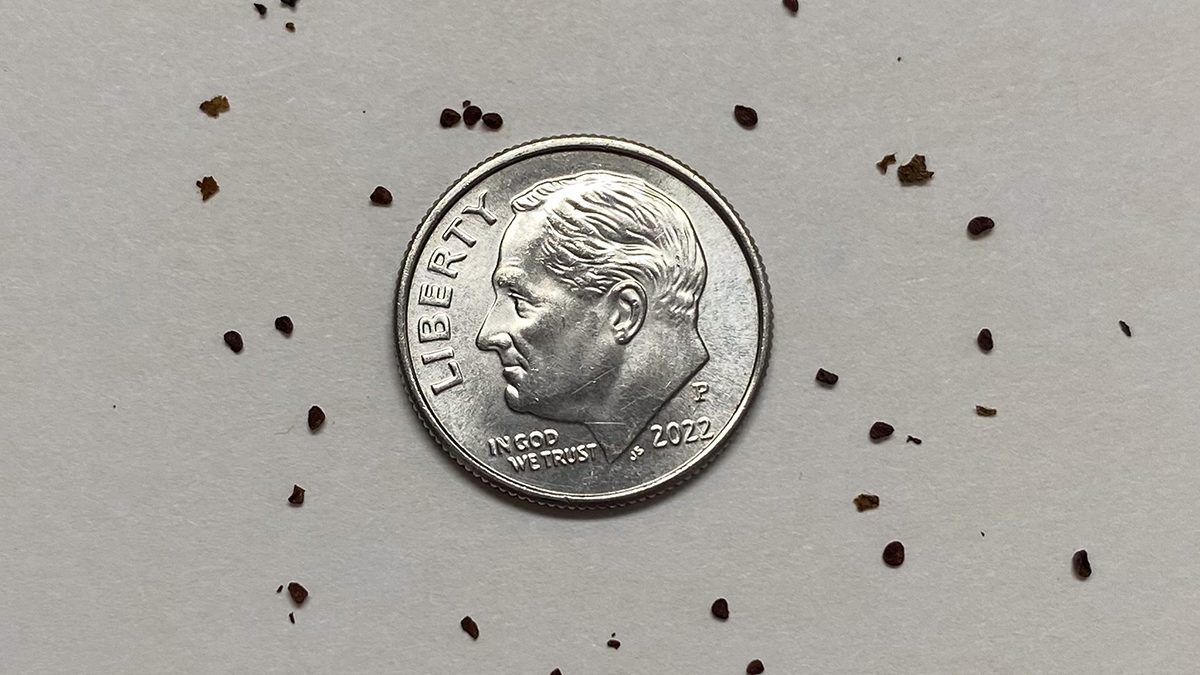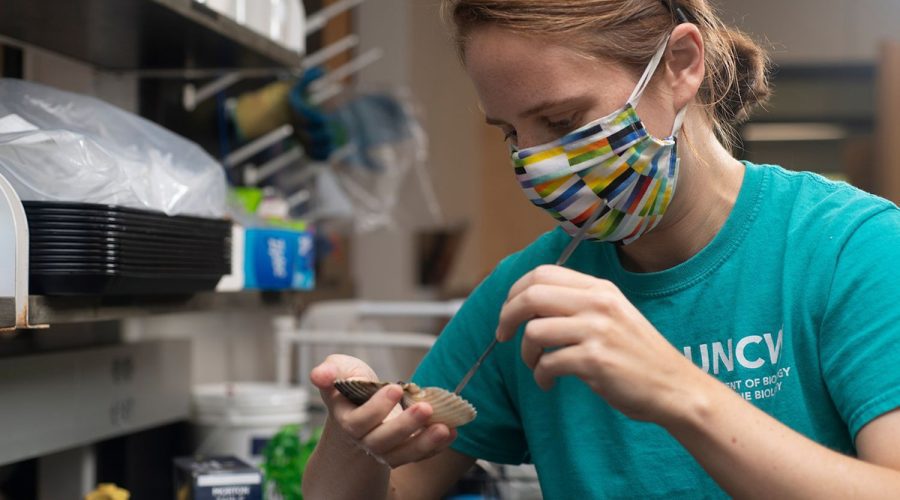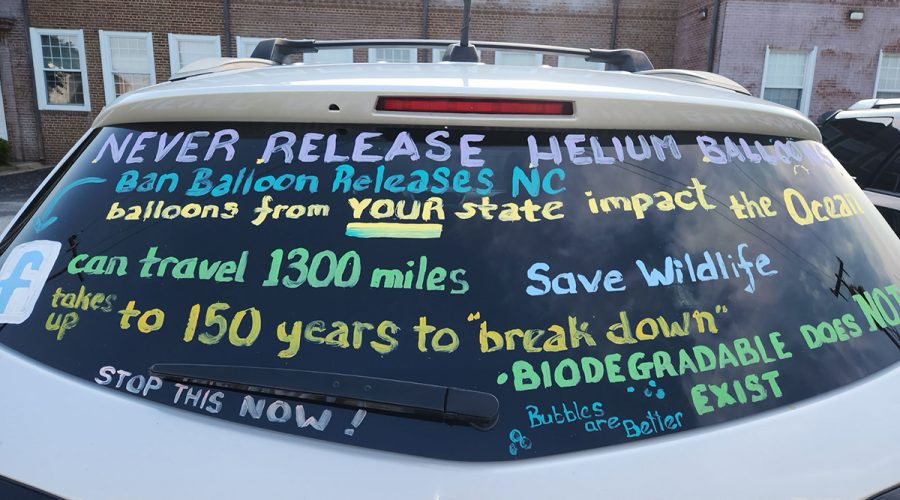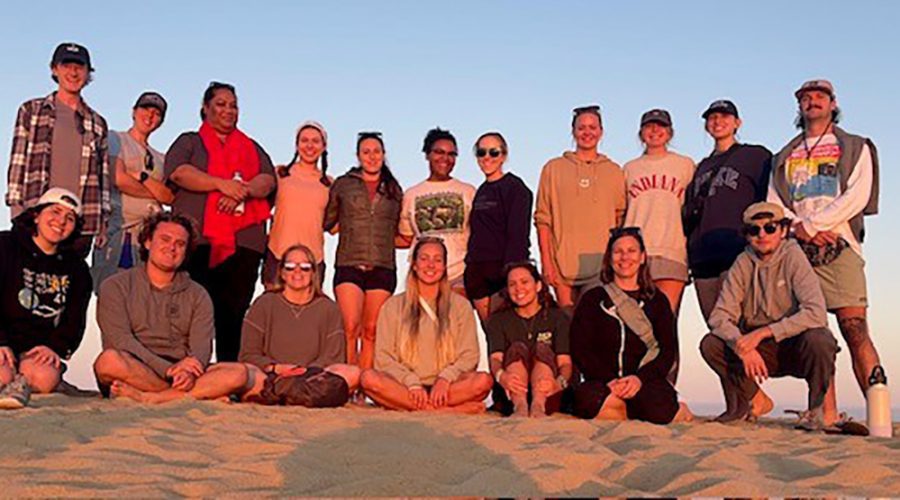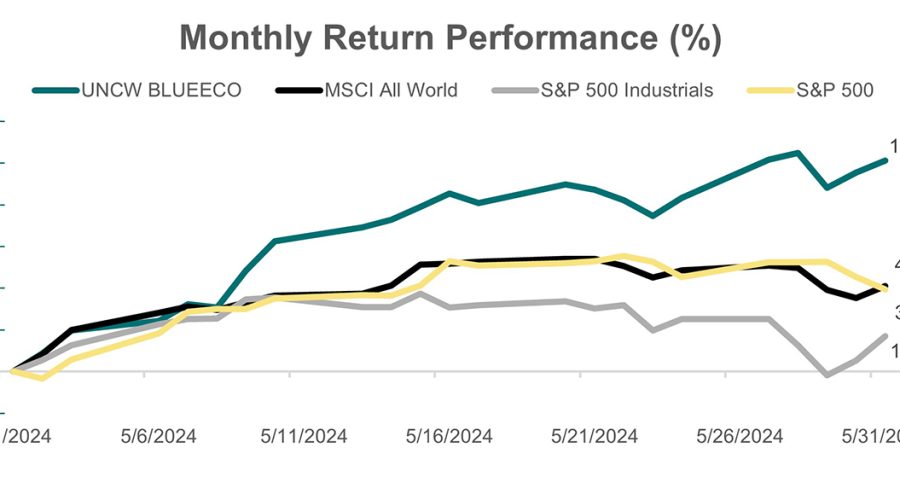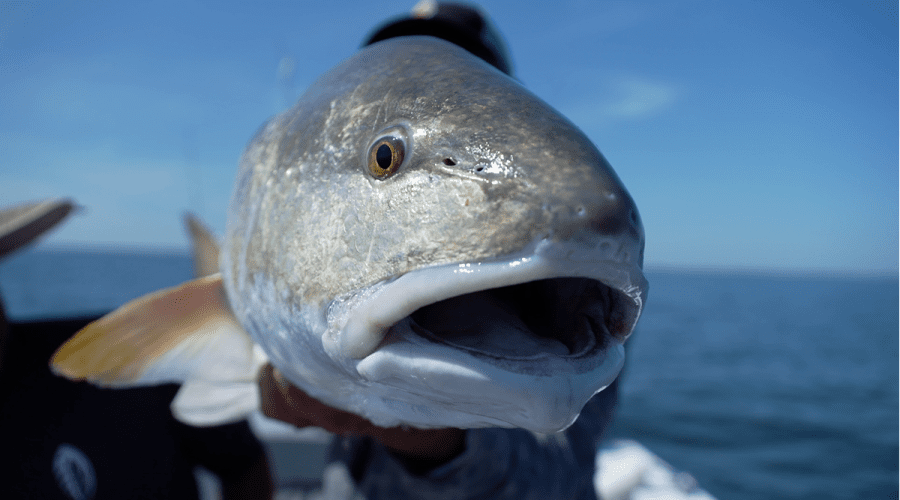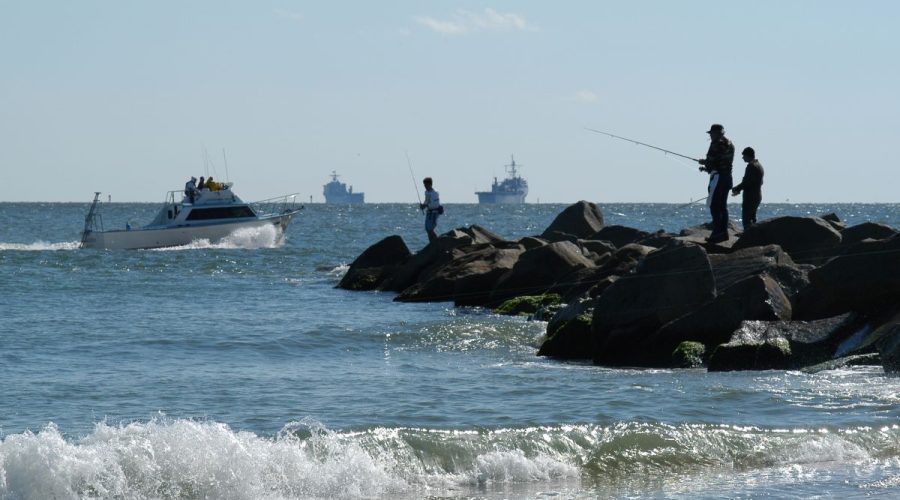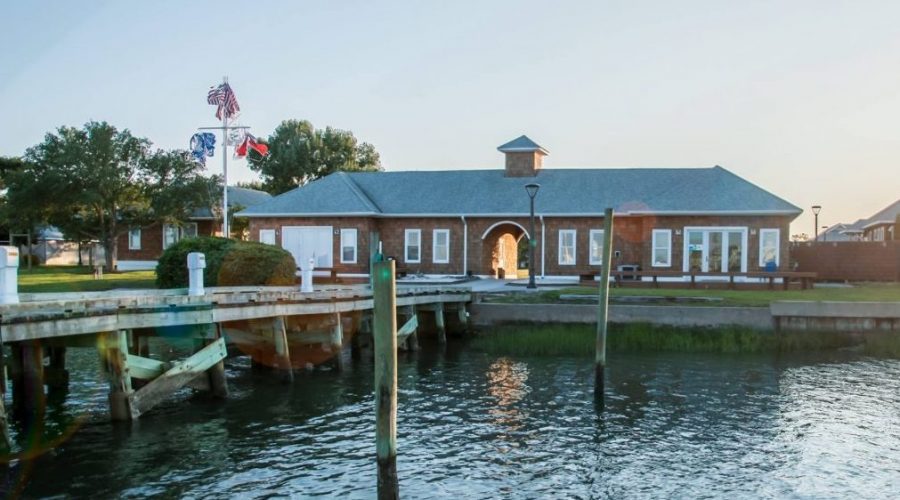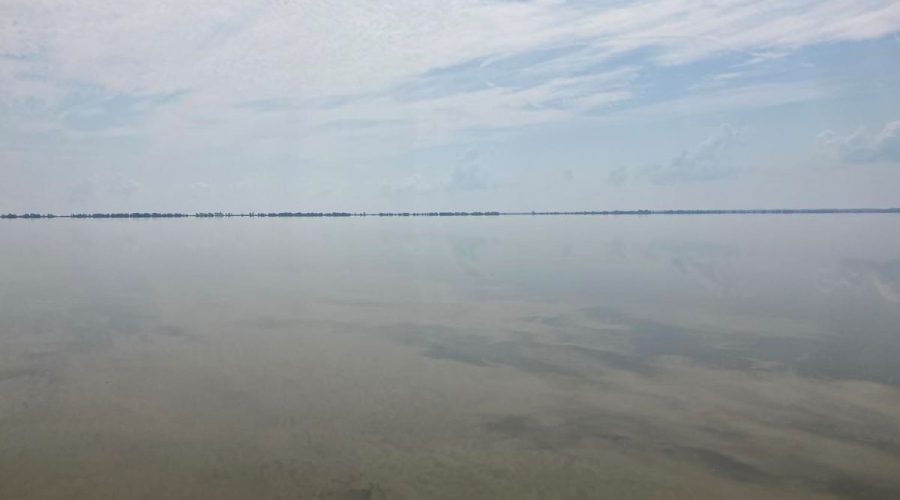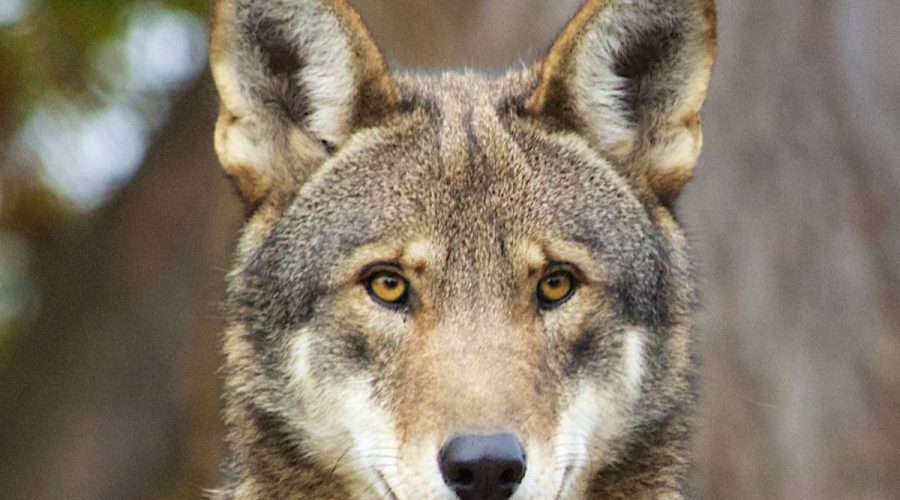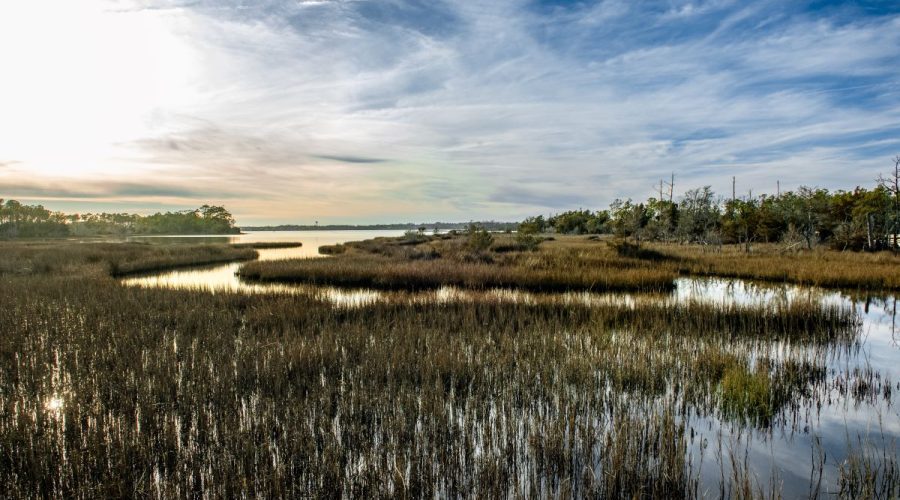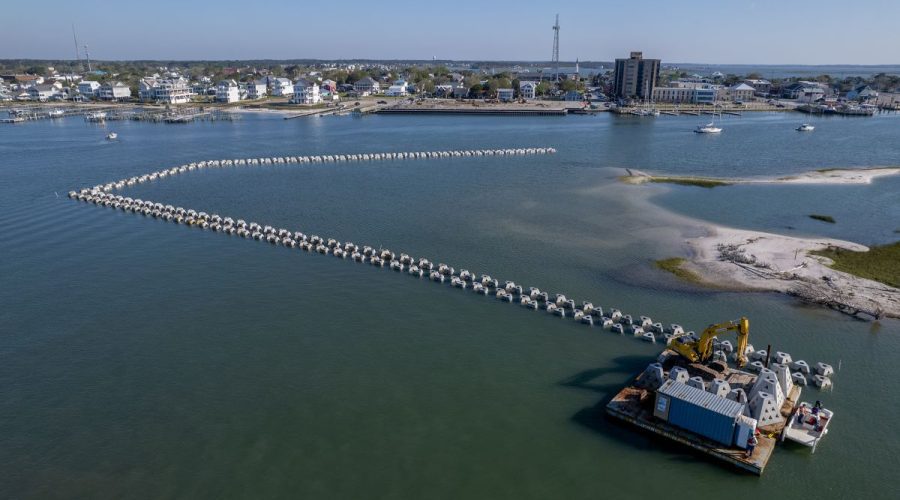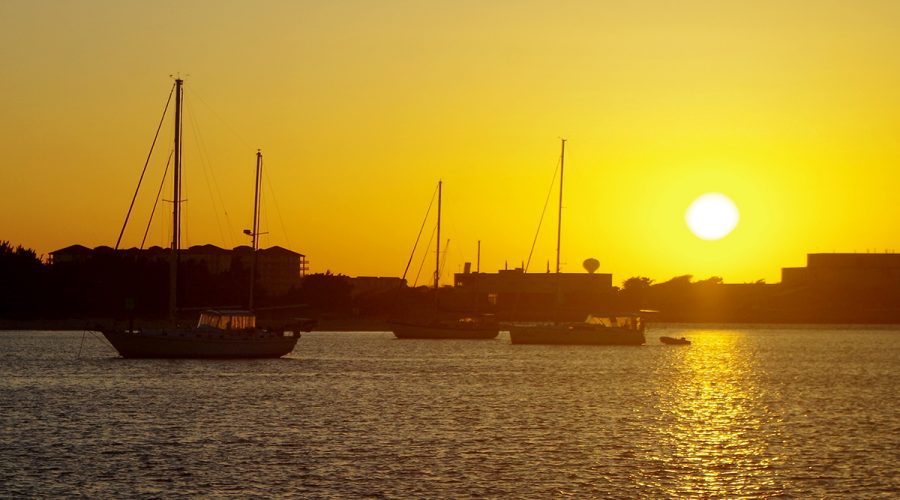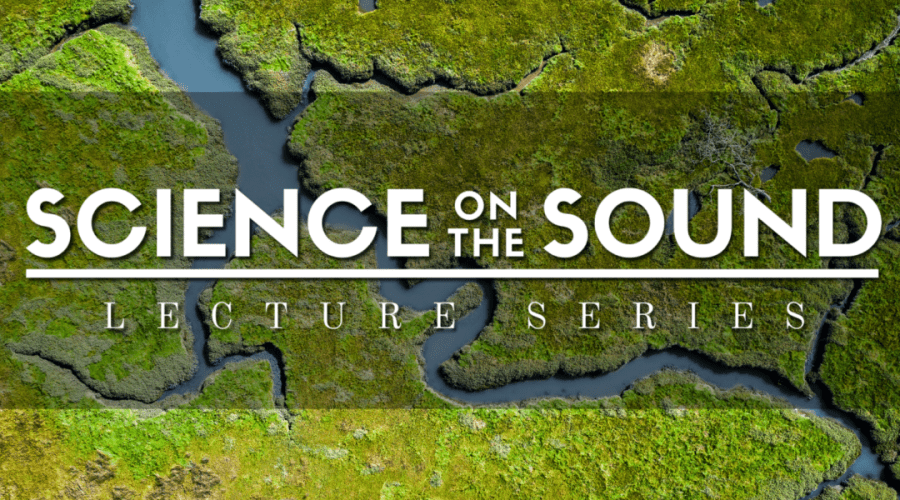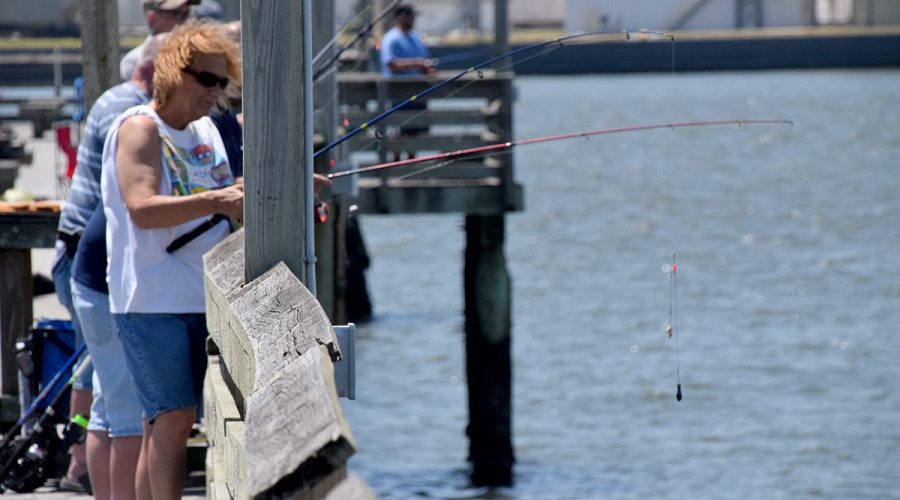Tobacco was once an important cash crop in the South, but much longer ago, the Cherokee valued it too and meticulously saved their seeds, including some a spelunker found in a cave 2,000 years later.
science
UNCW team IDs mystery species infecting bay scallops
Using DNA sequencing, University of North Carolina Wilmington researchers have identified a species of trematode, a parasitic and suspected invasive species here that has further set back the state’s already struggling bay scallop stocks but is no threat to humans.
Resident’s fight leads to balloon bans on 80 miles of beach
Debbie Swick of Southern Shores, who’s passionate about marine life, led an effort that has made it illegal to release balloons from Duck to Hatteras Village.
Long-running UNCW field course merges science, policy
One scholar calls the seven-night, eight-day University of North Carolina Wilmington summer class an “eye-opener” to the environmental issues coastal North Carolina faces.
UNCW Blue Economy Index bests its benchmarks in May
The university’s monthly economic measure of sustainable global uses of ocean resources is published on Bloomberg under the ticker: BLUEECO.
Opinion: Catch reports will improve fisheries management
Guest commentary: The state needs time to build out its new catch-reporting system, and while it may annoy some, the improved data will mean more fish, longer seasons.
Tree rings show summer 2023 was hottest in 2 millennia
After last year’s record-breaking temperatures, forecasts for this summer indicate another scorcher ahead, just as researchers find more troubling climate data and elected officials point to relief efforts.
Harvest reporting rules draw expletive-laden comments
Temporary mandatory harvest reporting rules for recreational and commercial fishers will go up for a vote next month by the N.C. Wildlife Resources Commission and the N.C. Marine Fisheries Commission.
Duke Lab to highlight marine research Saturday, June 22
Duke University Marine Lab in Beaufort is opening its doors to the public Saturday, June 22, to showcase marine research being conducted by its scientists, researchers and students.
State issues certificate for Lake Mattamuskeet treatment
The North Carolina Department of Environmental Quality said Thursday its Division of Water Resources had approved a certificate of coverage to allow BlueGreen Water Technologies to conduct a pilot study of a treatment for cyanobacteria within a limited area of the state’s largest freshwater lake starting June 1.
Endangered Species Day center of science museum talk
The North Carolina Museum of Natural Science program is set to include stories and research on endangered species, such as red wolves, right whales, jaguars, black rhinos and black-footed ferrets.
New plan details strategy to save, restore NC’s salt marshes
The North Carolina Salt Marsh Action Plan released Wednesday has the overarching goal “to protect, restore, and facilitate the migration of salt marshes in North Carolina to minimize loss of function, benefits, and acreage through 2050 and beyond.”
Sugarloaf Island hybrid restoration project sees progress
Work is moving forward on a project to install wave attenuation devices, a living shoreline and seagrass to help restore the rapidly eroding barrier island that protects Morehead City’s downtown waterfront.
Burnin’ up: State offers help for top weather-related killer
North Carolina climate and resilience officials say the heat action toolkit they have developed is a customizable guide for local governments to more successfully prevent heat-related deaths amid rising global temperatures.
Climate change and health subject of next science talk
Dr. Alex Hodges, a clinical professor in ECU’s college of nursing, will present “Ready for Change: Building Effective Climate Readiness” at 6 p.m. Thursday, May 23, in the Coastal Studies Institute in Wanchese.
Fisheries Division seeks to delay mandatory catch reporting
The North Carolina Division of Marine Fisheries is asking the legislature for another year before making effective a controversial new catch-reporting requirement now set to go in force Dec. 1.

